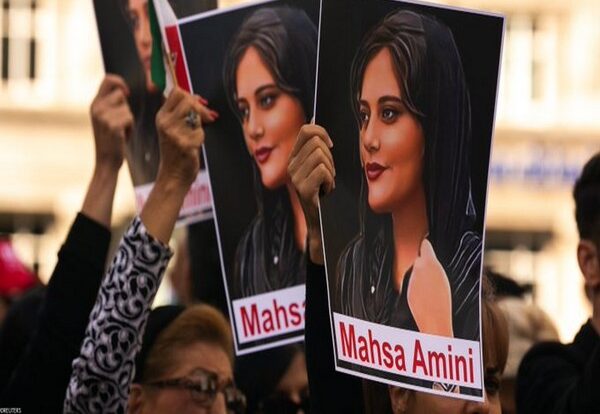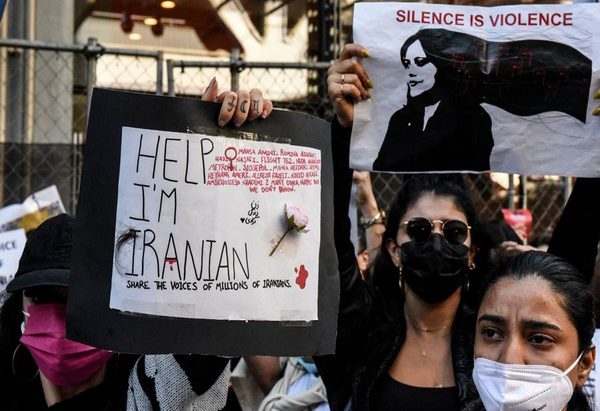Months after the nationwide arrests that were carried out after the Anti-Hijab protests, Iran has relaunched patrols by the ‘morality police’ in a bid to escalate their efforts to enforce the country’s mandatory hijab rules, Al Jazeera reported.
Saeid Montazeralmahdi, the spokesperson for the Iranian law enforcement force, confirmed on Sunday that police patrols were now operational on foot and with vehicles to crack down on people whose covering is not deemed appropriate in the Islamic Republic.
The morality police would “issue warnings and then introduce to the judicial system people who unfortunately insist on their norm-breaking behaviour without concern for the consequences of their covering that is outside of the norm”, Al Jazeera quoted Montazeralmahdi as saying citing state media.
He further said that the police expect everyone to conform to accepted dress codes so officers will have more time to deal with “other vital police missions”.
The officers are tasked with warning women – and sometimes men – to correct the way they are dressed.
This could range from ordering women to adjust headscarves to demanding a change of clothing to something that is more loose-fitting and deemed more appropriate. Women who are found to be in breach of the rules could be arrested and taken to ‘so-called’ re-education facilities run by the police, Al Jazeera reported.
Notably, this development comes 10 months after Mahsa Amini, 22, died in police custody after being detained over an alleged dress code violation.
Her death sparked mass protests across the country that lasted for months in which morality police were largely absent from Iranian streets.
After the protests, Iranian authorities had largely refrained from highly confrontational methods of enforcing mandatory hijab laws that were imposed shortly after the country’s 1979 Islamic revolution, Al Jazeera reported.
However, that approach appears to be gradually shifting now.
For the past few months, police have been employing surveillance cameras to identify hijab violators. They are given warnings, fines or sent to appear in court. People found to be in violation of the dress code while in their vehicles could have their cars impounded.
Businesses have also been increasingly targeted, with many cafes, restaurants and even sprawling shopping centres facing closures for offering services to women with loose hijabs.
There were several high-profile, hijab-related incidents this week, as per Al Jazeera.
The authorities released a video that showed a group of police officers – accompanied by a camera crew – going around and telling women of all ages to fix their hijab. The camera zooms in on the women’s unblurred faces and shows an animation indicating they have been identified and referred to the judiciary.
“Either you fix your hijab or you enter the van,” a man, whose voice has been digitally distorted, tells a young woman in the video. “If you believe in freedom, I will leave all the thieves and rapists free to let you know how things work,” Al Jazeera reported.
Another incident took place on Sunday when actor Mohamad Sadeghi was arrested. He had released a reaction video online a day earlier, in which he responds to another clip that showed a female officer holding a woman against the wall over her wearing of the hijab.
“If I see a scene like this in person I might commit murder. Watch out, you better believe the people will kill you,” he had said, prompting his arrest for “threatening the police” for doing its job, Al Jazeera reported citing the state media.
Earlier this week, actress Azadeh Samadi was sentenced to a six-month ban on using social media and her mobile phone in addition to mandated therapy to cure her of an “anti-social personality sickness” by a court.
This came after she participated in the funeral of a theatre director without a headscarf in May.
Samadi joined a group of actresses who have been summoned or received sentences in recent months for ditching their headscarves publicly or online.
Meanwhile, the government and the parliament have been working on legislation aimed at bolstering hijab controls, but the bill has come under fire from conservative opponents who argue it is too lenient, Al Jazeera reported. (ANI)
Read More: http://13.232.95.176/

